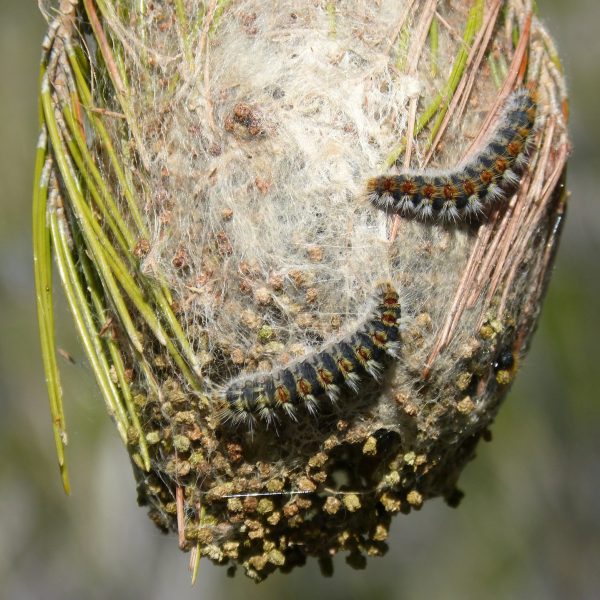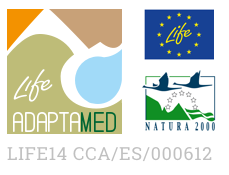

Through the actions of management and adaptation of ecosystems to climate change, LIFE Adaptamed also aims to contribute to enriching the environmental strategies of the European Union. The analysis of current European frameworks shows the need to broaden current approaches to address the challenges and particularities of natural areas in the Mediterranean.
Mediterranean forests, the most biodiverse in Europe
According to the current European Strategy for Forests and the Forestry Sector, forests are mainly valued according to their capacity to be used for wood and biomass production. However, this paradigm must be reconsidered in Mediterranean forests, whose potential for these uses are limited. Actually, in a European context, these forests have outstanding levels of biodiversity. In other words, the ecosystem services provided by biodiversity must be adequately valued in a forestry strategy.
Ecosystem services: a key concept to revalue the forest mass
Both the European Biodiversity Strategy 2030 and the European Strategy for Forests and the Forest Sector give special prominence to the concept of ecosystem services. The increasing use of this concept shows an advance in the way of justifying the importance and usefulness of environmental conservation measures. Beyond the traditional vision centered on the mere conservation of species, this novel approach emphasizes ecological processes and the capacity of ecosystems to provide services to societies.
In this sense, LIFE Adaptamed has worked, among others, on the management of forest masses and the management of key ecosystems for the Habitats Directive, such as the jujube tree (Cabo de Gata), the juniper tree (Sierra Nevada) and the Quercus mountain, increasing the resilience of these ecosystems to the effects of climate change, as well as reducing the risk of pests, fires, erosion and soil loss, to help preserve their capacity to provide ecosystem services.
Protecting Mediterranean soil and improving its connectivity
Many of the actions carried out within the framework of the Life Adaptamed project focus on the soil and its importance as a support for different essential structures of the ecosystem. These approaches have an impact and provide concepts and criteria of great interest for the European Soil Protection Strategy.
Emphasizing its multifunctionality, i.e. the wide variety of ecosystem services provided by protected areas, is considered of great importance to promote for the integration of the areas in a network of green infrastructure at European level, which in turn plays a key role in increasing the capacity of adaptation to climate change for species and ecosystems.
Mediterranean ecosystems have different characteristics and needs from those of Central Europe
With regard to European strategies for adapting to climate change, we believe that the lessons learned from Life Adaptamed are of great interest and have a huge potential impact. This is especially true with regard to the management of key ecosystems in the Mediterranean area. For example, the approaches to improve the adaptive capacity of reforestation pine forests, which represent a considerable fraction of Mediterranean coniferous forests. It has been widely demonstrated that management strategies to foster adaptive capacity differ depending on many cases: structure and composition of the forest, geographical location, past uses and others.
Mediterranean ecosystems are usually not properly represented in these adaptation policies, which are often based on the experience gained in Central European ecosystems. It is therefore necessary to adapt the guidelines and guidance given in these policies to the peculiarities intrinsic to the complex environments of southern Europe, where the ecological frameworks are often more complex as a result of greater diversity. At the same time, these ecosystems are more impacted by climate change due to their extreme climatic situation.

